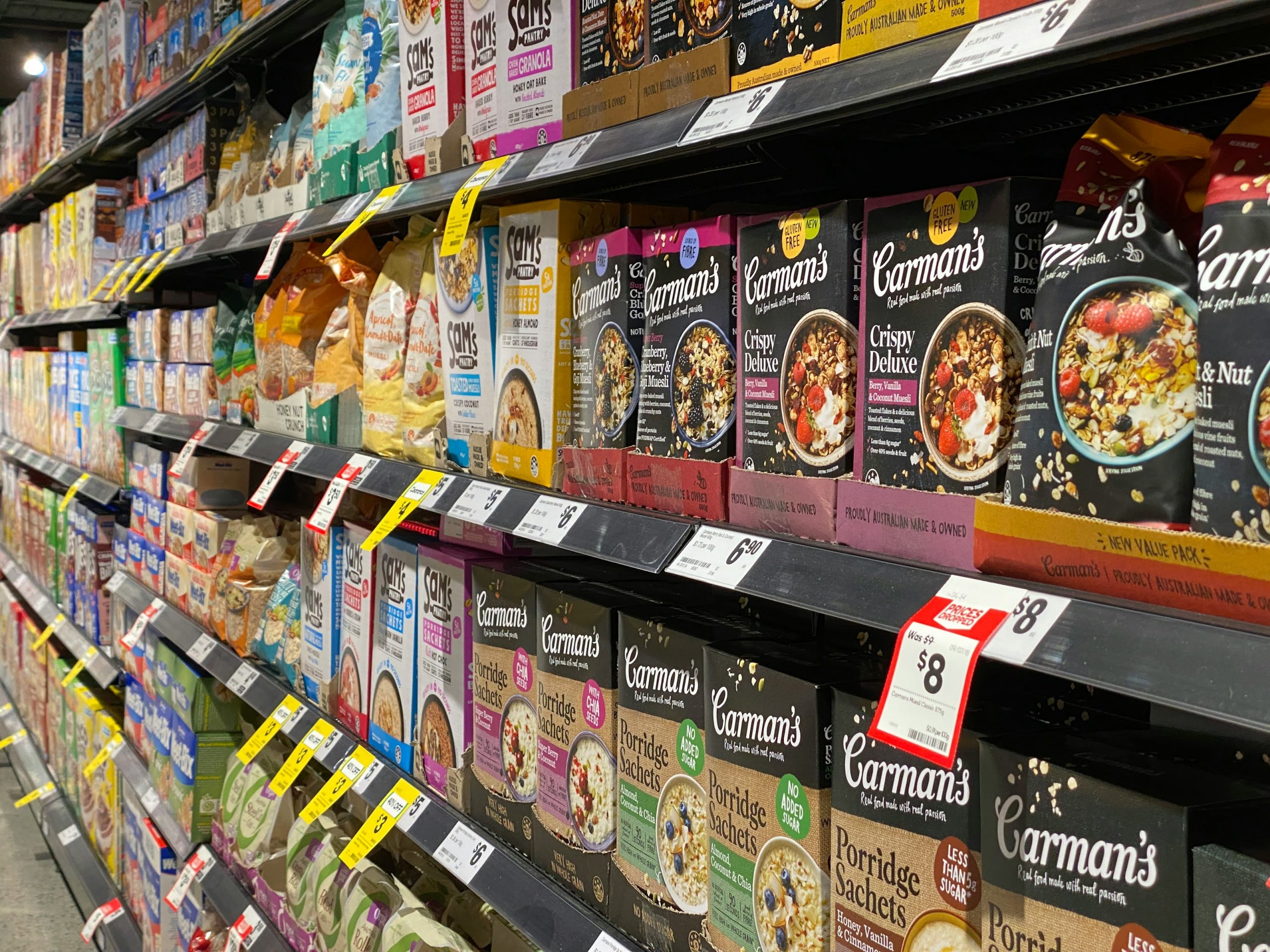Walmart surpassed eBay in share of U.S. e-commerce sales for the first time, according to eMarketer.
Amazon still tops the list with 38% of all U.S. e-commerce sales share, followed by Walmart and eBay with 1.4% and 0.16% respectively, reported MarketWatch (June 16).
“Amazon will increase its e-commerce market share to 38.0% and extend its reign of dominance,” said Andrew Lipsman, eMarketer principal analyst also with Insider Intelligence, in a statement. “But big-box retailers are leveraging their click-and-collect models to accelerate their e-commerce businesses.” Big box retailers include Target and Costco, which are both also in the top 10.
In May, retail sales increased a record 17.7% despite a 6% year-over-year decline. E-commerce sales in 2020 will climb 18% higher than the previous forecast for 13%, according to eMarketer, although retail sales overall are expected to drop 10.5% to $4.9 trillion. Both outcomes are the result of the coronavirus.
E-commerce is expected to reach $709.78 billion this year, eMarketer said, with food and beverage being the top growth category—anticipated to grow 58.5%.
“Certain e-commerce behaviors like online grocery shopping and click-and-collect have permanently catapulted three or four years into the future in just three or four months,” said Lipsman.
Recently, Walmart partnered with e-commerce giant Shopify to expand its third-party marketplace site, reported Bloomberg (June 15). Walmart plans to add 1,200 Shopify sellers this year, according to Walmart executive Jeff Clementz.
The company’s marketplace site, which already offers 75 million products, grew at a faster pace than Walmart’s overall web business in the first quarter. “There are many Shopify sellers who were already on Walmart.com, but we have not penetrated their base to the extent possible,” said Clementz, VP of Walmart Marketplace. “There’s a tremendous opportunity.”
For Shopify, this deal provides its network of millions of merchants access to Walmart’s customers and also follows a linkup in May with Facebook that allowed retailers to import Shopify products to the social media site’s new Shops service.
The Walmart deal will give small- and medium-sized businesses access to 120 million customers who visit Walmart.com every month. “Few companies in the world match the sheer size and scale of Walmart,” said Satish Kanwar, VP of product at Shopify.
In other e-commerce news, Carrefour and Google are launching a voice-based grocery shopping service in France, reported Reuters (June 16). The service works via Google Assistant, a digital voice assistant service on smartphones and other devices.
“This innovation, developed with Google, will further accelerate the trajectory of e-commerce at Carrefour,” said Amelie Oudea-Castera, Carrefour’s executive director of e-commerce, data, and digital transformation.
The new service will allow users who associate their Google account with their Carrefour account to add items to a shopping list by saying generic words, such as butter or milk, or names of products or brands. The Assistant, which is connected to Carrefour’s e-commerce inventory, then converts the list into a cart of products available on the Carrefour website.
Carrefour is aiming to increase food e-commerce sales to about $4.7 billion by 2022 from around $1.5 billion in 2019.







